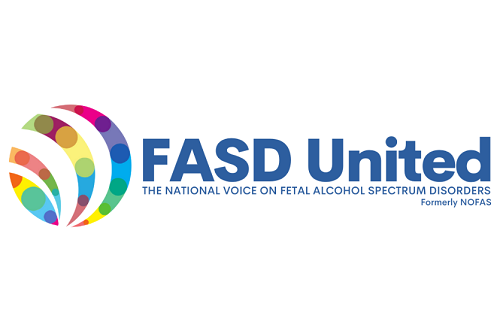Fetal alcohol spectrum disorders prevention and clinical guidelines
The public purpose of this award is to use the Military Health System (MHS) as a model for large health systems investigating the impact of Fetal Alcohol Spectrum Disorders (FASD) on families and the working age population including parents and prospective parents on factors such as resource allocation; burden of disease; quality and efficiency of care; access to care; and population-level health outcomes. This research will enable those who work in and around health systems to apply the innovative techniques and models developed and utilize findings to inform decision-making by leaders and providers not only in the MHS but other health systems nationwide and across other high-income countries.
FASD Strategic objectives
Research Objectives
- An environmental scan will be used to assess the external and internal environments of health programs and policies in the DoD, DHA, the MHS, and the Services related to alcohol use disorder, pre-pregnancy and pregnancy counseling, and early identification and diagnoses of children born at risk of FASD. This includes a comparative review of MHS focused Clinical Practice Guidelines against best practices across the FASD care continuum available in the Nation. Further, we will identify any systems-level barriers and facilitators to solving this complex health problem in the context of the military community.
- We will adopt the model of a community needs assessment to understand the lived experience of patients, caregivers, and diverse inter-professional providers in the Military Health System and the Department of Defense with respect to AU/AUD; pre-pregnancy counseling and prenatal care and education; and early identification, diagnosis, and care for children affected by FASD. We will identify supply- and demand-side facilitators and barriers (e.g. stigma) across the FASD care continuum to solving this complex health problem in the context of the military community.
- We will rigorously examine the population health outcomes and risk factors across the FASD continuum of care using modeling and predictive analytics in longitudinal MHS electronic health record data to generate lessons learned. Because MHS beneficiaries comprise a large (9.6 million), nationally-representative population, and because they can receive care in either the military or civilian setting through the TRICARE insurance benefit, findings from this study are expected to be generalizable to the greater U.S. population and to inform discussion for other large health systems.
- We will rigorously examine the pathways of care for FASD in the MHS across the continuum of care by using health services research approaches in longitudinal MHS electronic health record data to determine where children living with a potential FASD are receiving care, what care is provided, where there are gaps, and generate lessons learned. Through available data, we will identify systems-level barriers and facilitators to solving this complex health problem in the context of the military community.
- Building upon the experience of remote care in the family practice and pediatrics community of the MHS, we will develop and implement a demonstration project using a telehealth hub and spoke model approach for the FASD continuum of care. We will use a holistic approach to address the complex needs of the developing child who is at-risk for a FASD through family and child-centered interventions. This model will provide guidance and support from the developmental pediatrics 'hub' out to 'spoke' primary care and specialty settings at MTFs that are geographically dispersed. We will evaluate this program to include development of a centralized tracking system for short and intermediate outcome measures to demonstrate longer-term viability and effectiveness for the MHS and costing.
Education and Training objectives
- Capacity building. We will build primary care clinician skills through development and offering of a robust, standardized virtual model for Developmental-Behavioral Extender training, as well as a robust parent education curriculum to provide additional support and empowerment for families with children living with a FASD.
- Knowledge Sharing and Translation. We will create opportunities for knowledge sharing and translation for civilian and military partners and scientific leaders across the continuum of care for FASD such as conference attendance at the annual workshops.
- Education. We will bring an annual FASD-themed focus to current efforts including the Health Services Research (HSR) Interest Group for over 100 military, civilian, and corporate members nationwide. This project will engage these stakeholders on the continuum of care for FASD, as well as population-level outcomes.
FASD Key Themes
- Identification of at-risk women and infants
- Access to care
- Population-level health outcomes
- Resource allocation
- Cost, quality & efficiency of care
- Rates of alcohol use disorder among women with and without children
- Potentially avoidable variation in health access and outcomes
